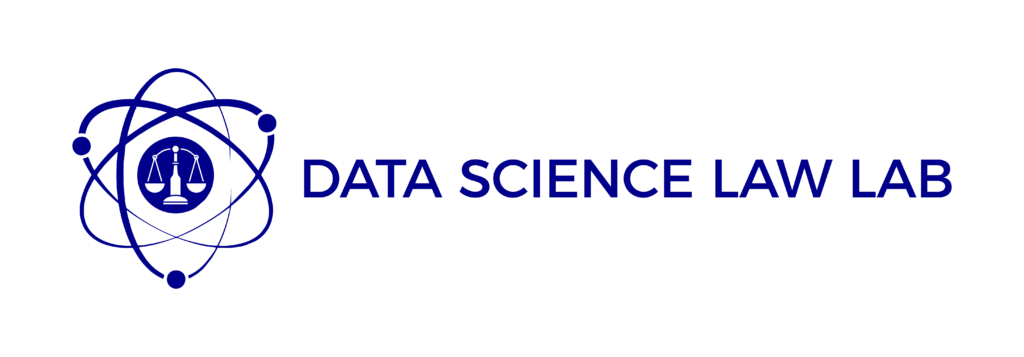The Constitutional Court of South Africa in December 2022 handed down its fourth decision so far in the field of intellectual property. These decisions came against the backdrop of reforms and reform proposals concerning intellectual property rights in South Africa. These reforms and reform proposals were prompted by the need to establish intellectual property laws that are attuned to South Africa’s local context and needs, while complying with South Africa’s international treaty obligations. Parallel to South Africa’s policy and legislative agenda, this paper recognises these four decisions (referred to as the “IP quartet”) as the emergence of an intellectual property rights jurisprudence. The paper analyses the IP quartet and identifies a coherent narrative with respect to the intersection between intellectual property rights and constitutional rights and the appropriate approach to determining their real-life applications. The paper also explains this intellectual property rights jurisprudence and its contribution, and considers the adjudicative strategies employed by the Constitutional Court in applying constitutional provisions to dealing with issues involving intellectual property rights. An explanation of this jurisprudence arising from these cases will: (a) promote an understanding of the scope of intellectual property rights including the appropriate nature of their intersection with constitutional provisions (specifically fundamental rights expressed in Chapter 2 of the South African Constitution); and (b) offer some guidance to lower courts and the executive arm of government on the appropriate approach to the interpretation, conceptualization and application of the intellectual property legal framework.
The article perhaps, in a microcosm, demonstrates what other, especially developing jurisdictions could do too, namely find a balance between IP rights and Constitutional/human rights positions. In the same sense, it demonstrates in a microcosm what international agencies and bodies need to do in principle – harmonise various different interests or rights.
The article was written by Dr Chijioke Okorie and is available open access.

